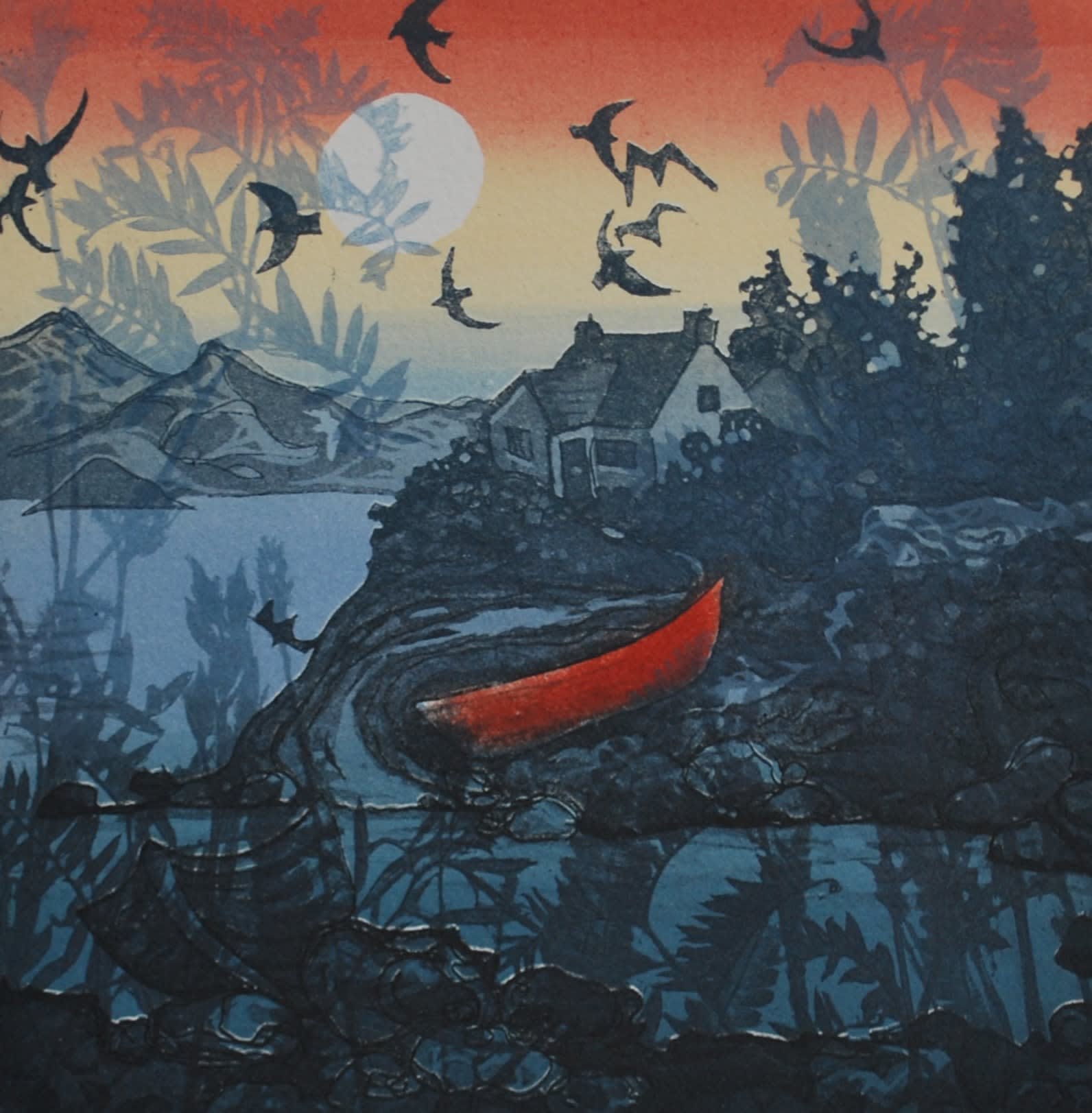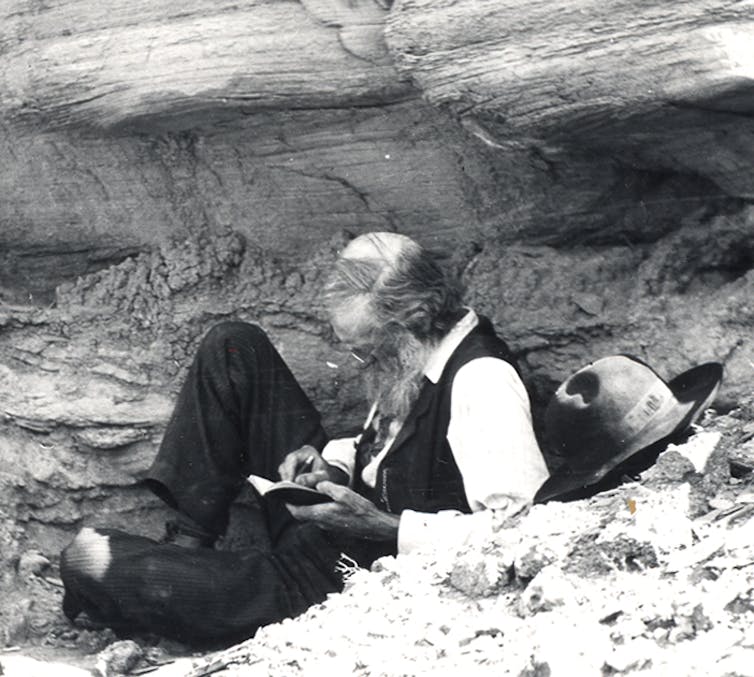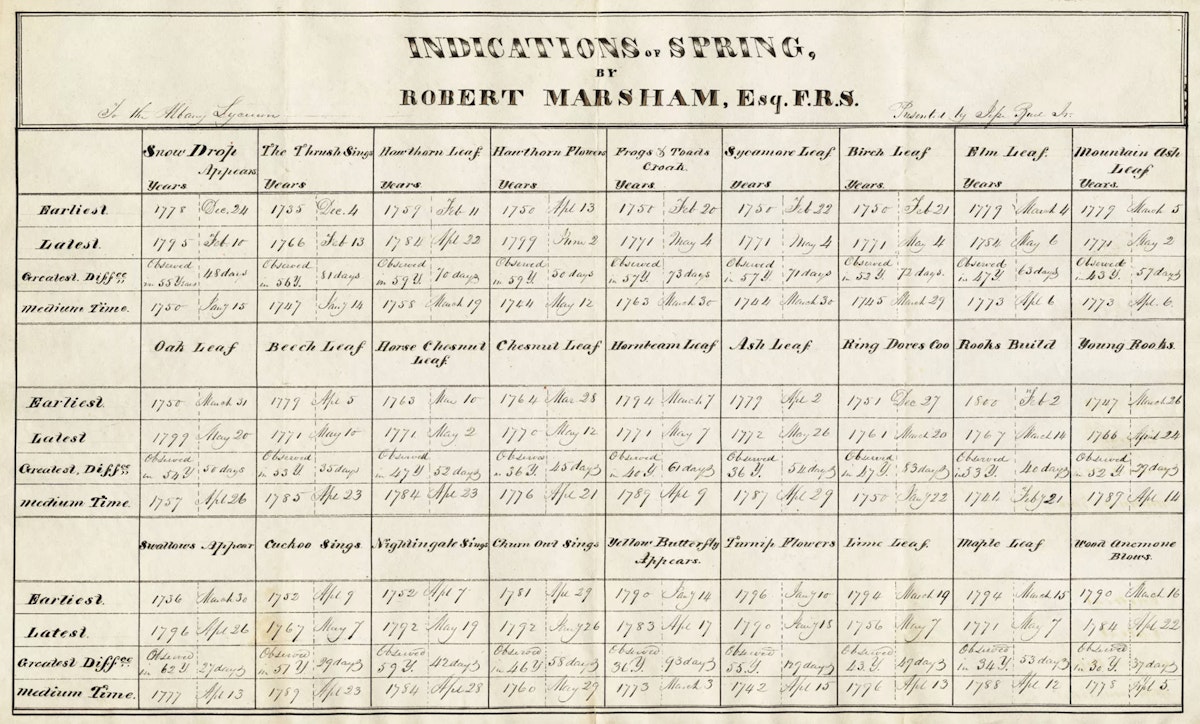SHIP-MODEL KIT
The lid of its box had a colorful picture
of a four-masted clipper unzipping
a blue ocean that had been loosely
laid out, its folds rolling, its opened
lapels showing a foamy white lining,
far more color right there on that flat
cardboard carton than on the millions
of pieces inside, all the same gray
like lead soldiers, and all fastened
together, tab to tab, plastic cast
as one piece, much like the long folds
of dolls that my Grandmother Kooser
snipped out of the Ames Daily Tribune
just to entertain me and my sister,
though all that had happened before
I’d grown older and ready to take on
an expensive, elaborate ship-model
kit with an accordion-fold of thin
paper instructions, hundreds of words
I had almost no patience for reading,
wanting to start where I wanted to
start, gluing together the few pieces
I recognized, laying the miniature
oars over the laps of the lifeboats,
etc., but this time I made myself
follow directions, having made wastes
of other such kits—fighter planes,
locomotives and cars—and I laid it
all out in my room on a card-table,
the halves of the hull, all the sails,
full, quarter and jib, like seashells,
all of the miscellaneous pieces
that a ship had to have to be real,
right down to the thin little ladders
of rigging to climb to the yardarms,
there to sit, keeping my balance
despite a stiff breeze, looking out
over the sea of my room, the night
with its crickets like ropes and spars
creaking below my screen window,
the waves I could feel going slack
at their edges, the faraway harbors
with their busy bazaars going quiet,
the salty nets drawn up and drying,
their glass floats like small bubbles
in the night’s iridescence, as I bent
squinting over the bits of that ship
I was building to dream me away.
Ted Kooser




_-_National_Gallery_London.jpg)
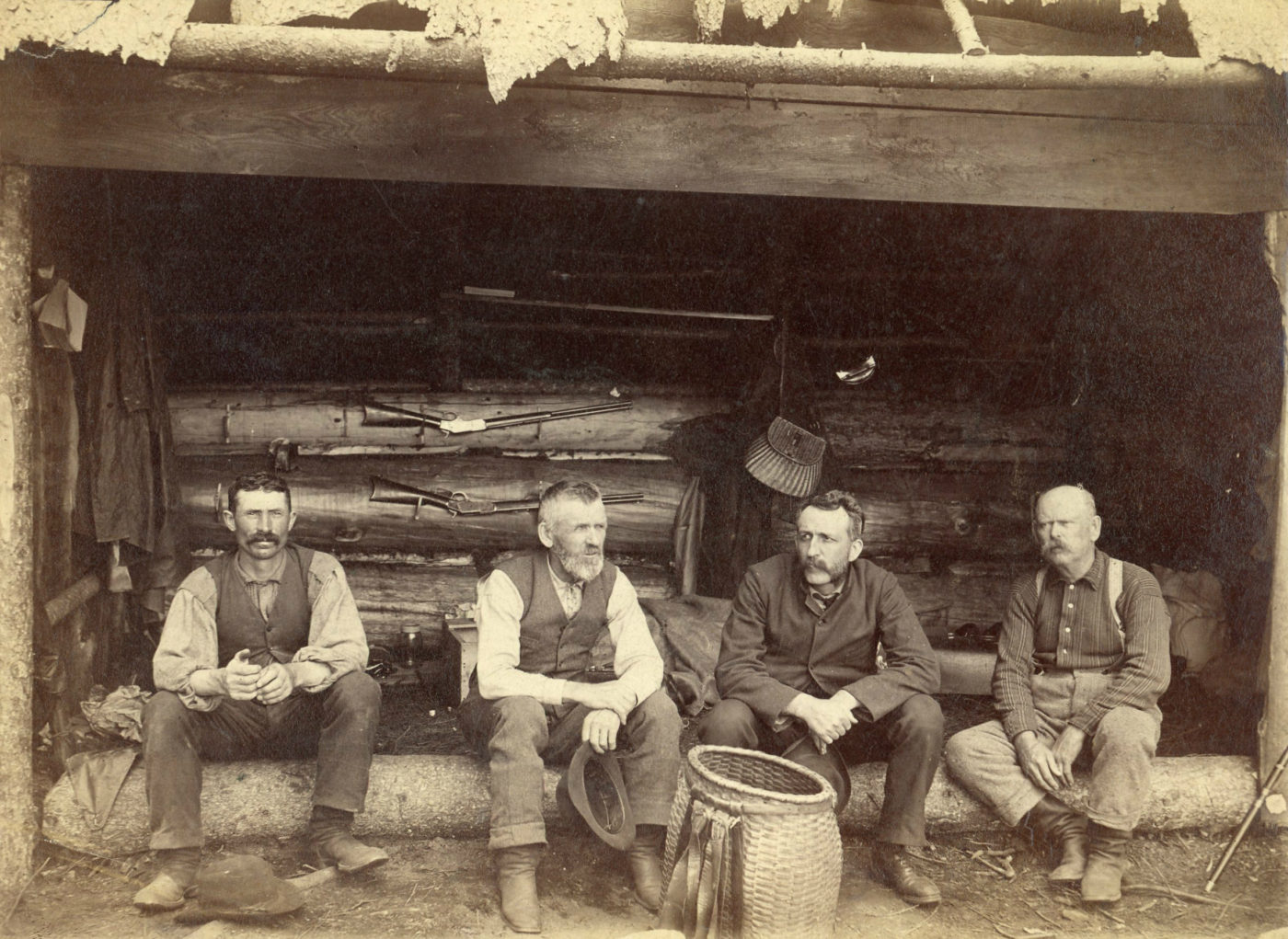


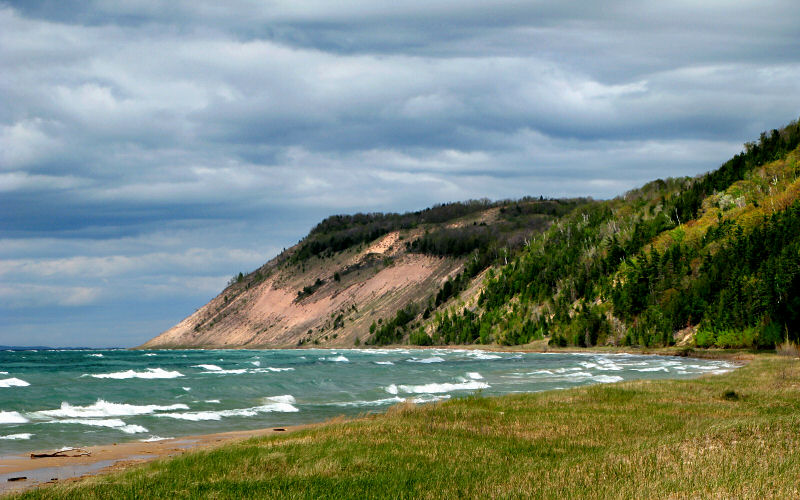
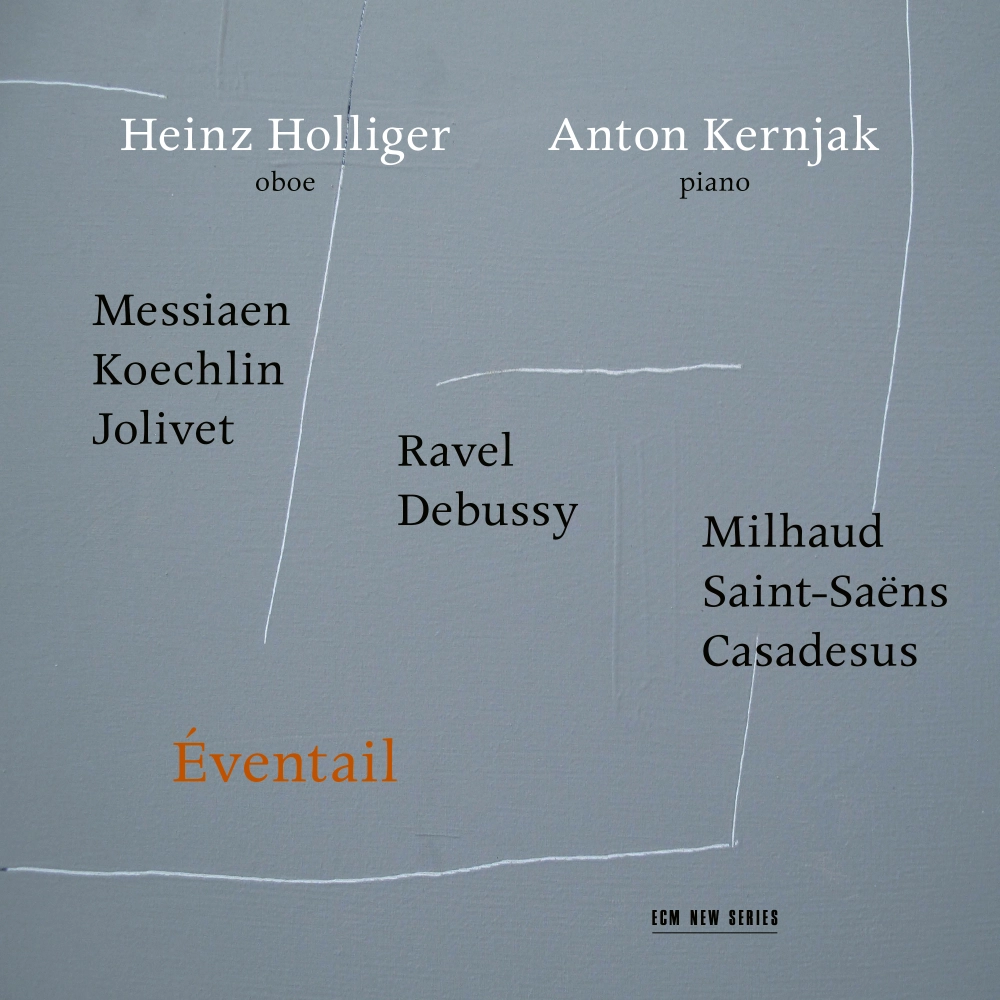


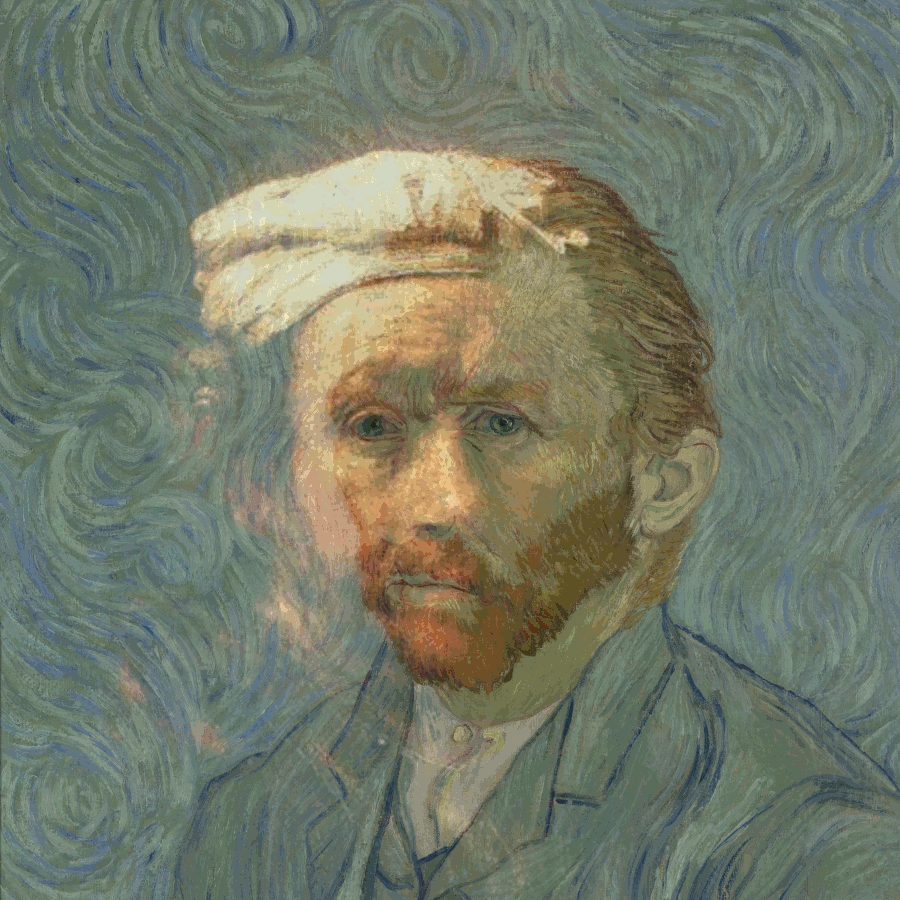





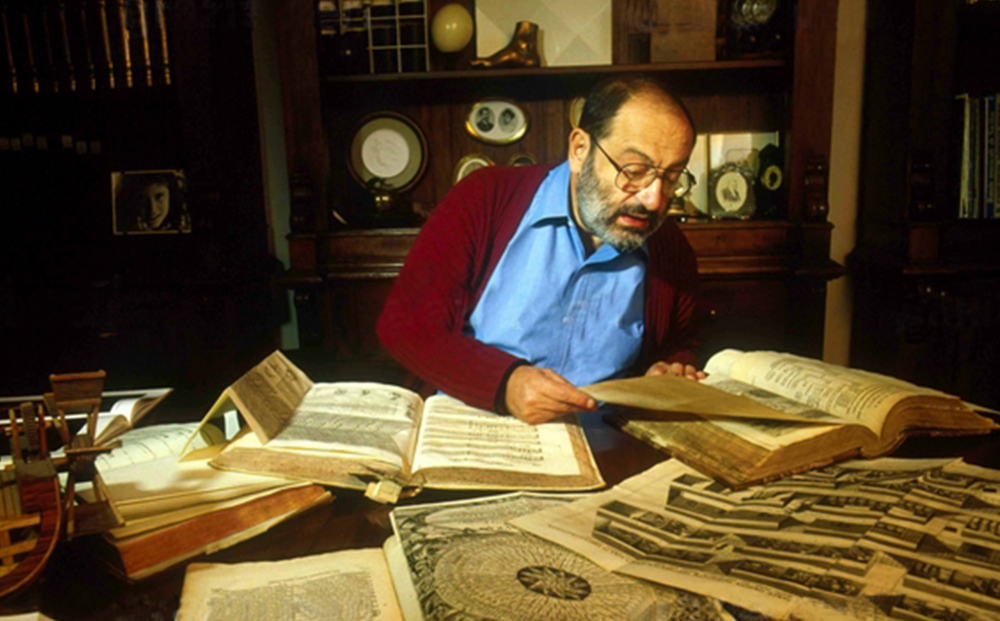



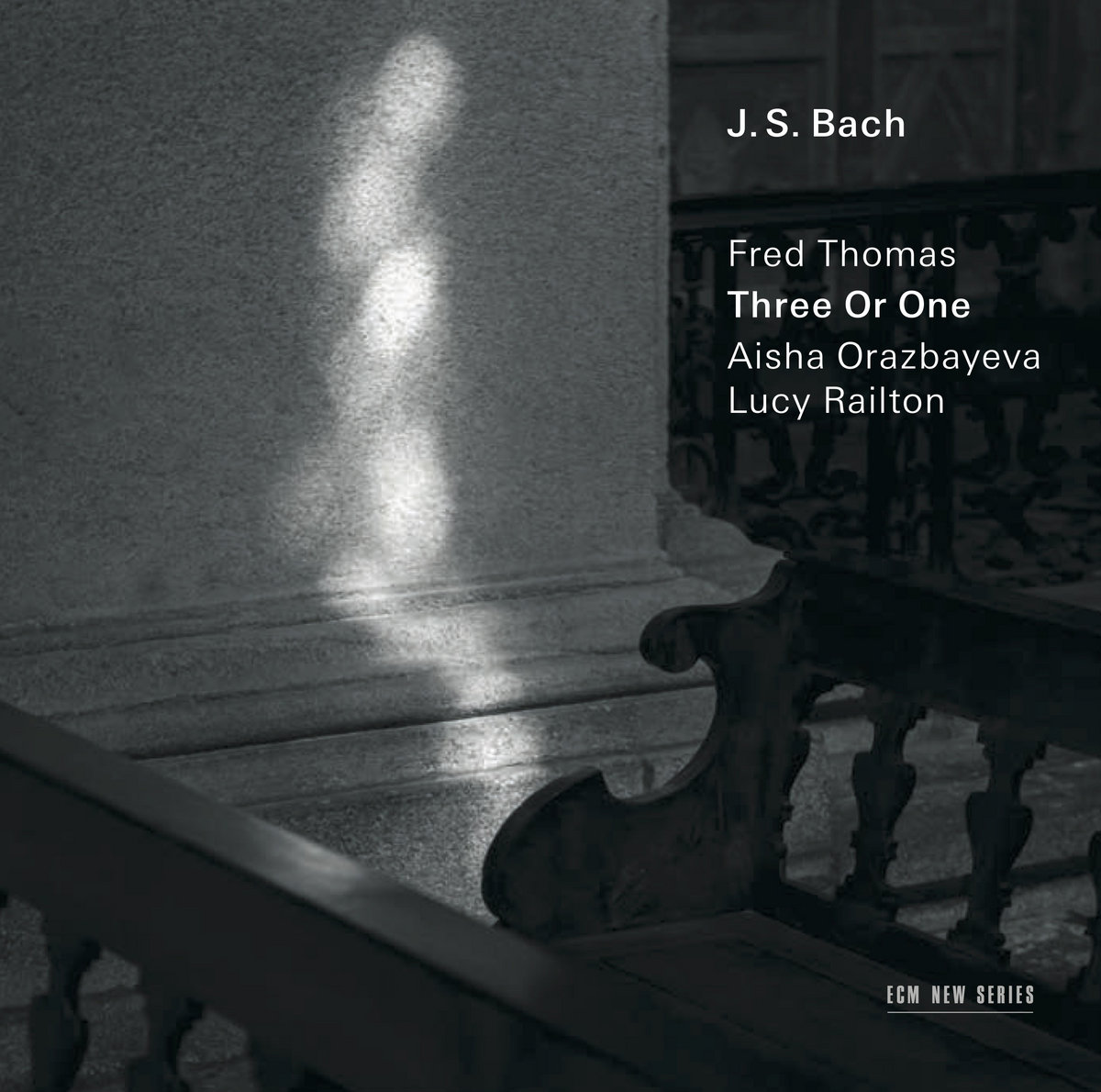


.jpg)











